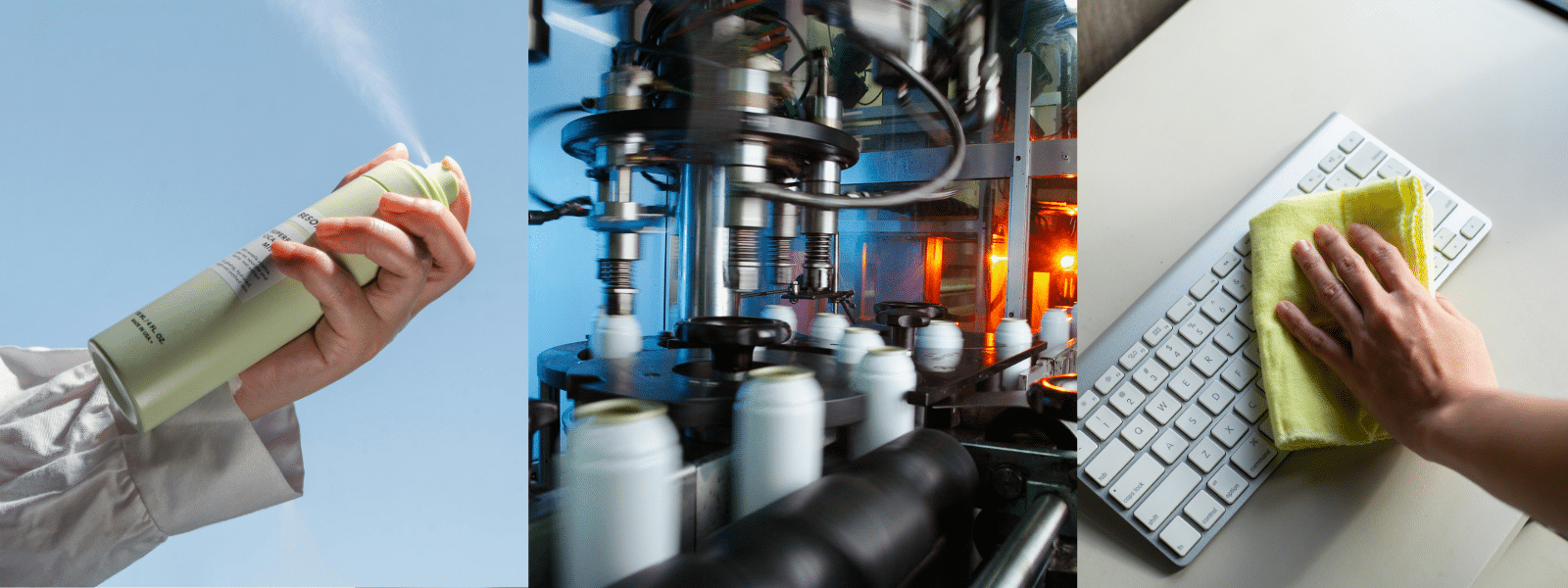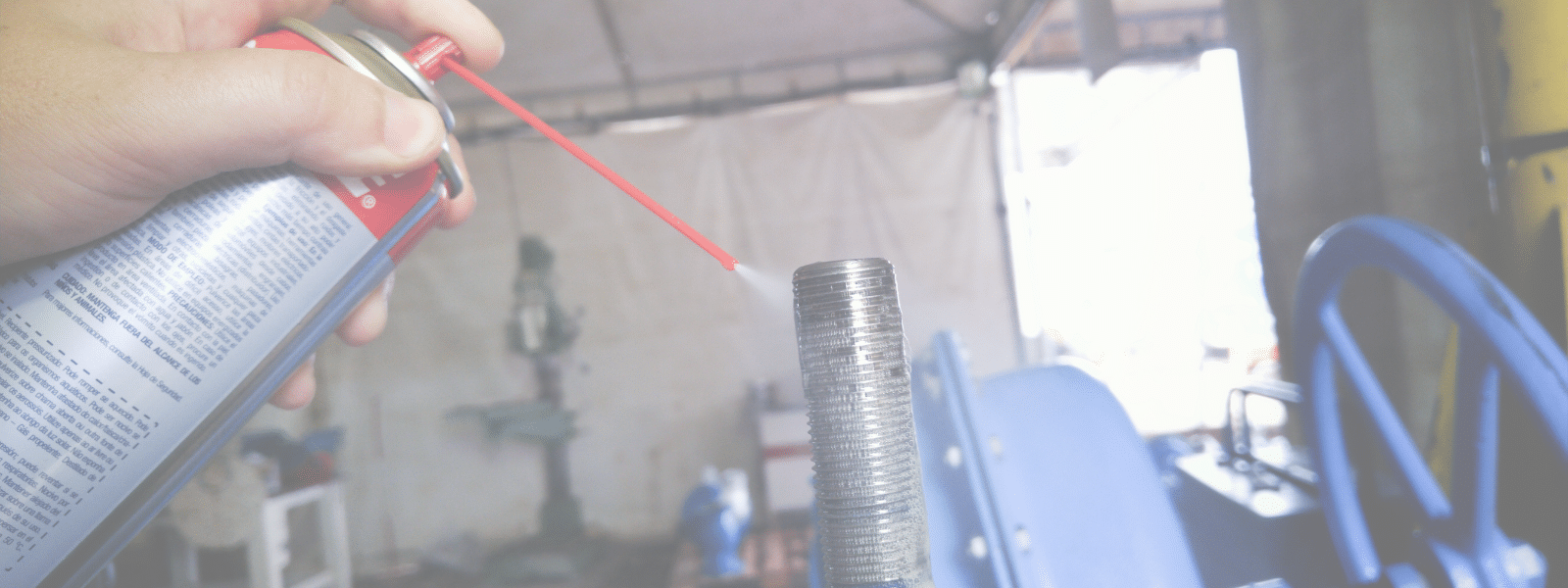Acetone is one of the oldest chemical compounds used for industrial purposes. Wikipedia notes that “about 6.7 million tonnes [of acetone] were produced worldwide in 2010.” As more businesses crop up in industries where acetone has a purpose, usage increases. Below are six industries where businesses and organizations commonly use acetone in an official capacity.
- Cosmetics
As you may already know, fingernail polish removal is one of the most common acetone solvent uses. Some polish remover brands use ethyl acetate as an acetone replacement. But acetone still delivers the gold standard: It thoroughly cleans the nail and leaves it exceptionally dry, which prepares it to bond quite strongly with the next layer of polish. Acetone is also used as a solvent for other cosmetic products, including makeup and skin creams.
- Pharmaceuticals
Pharmaceutical production is also one of the most common Acetone solvent uses. It’s ideal for blending fillers and active ingredients that comprise pharmaceuticals in pill and liquid form. Without acetone, some pills would be harder to compact to the correct density, and partially dissolved, active pharmaceutical ingredients could literally make one pill stronger than another. Acetone can be absolutely essential for the efficacy of a medication.
- Textiles
Dilutions of acetone are commonly used in the textile industry to remove gums, oils, and other undesirable substances from the fibers of raw textiles (e.g., silk and wool). Because high strength preparations of acetone can dissolve some fibers, the dilution must be precise. This is why textile companies often get their acetone in custom blends from a custom solvent supplier.
- Electronics
Technically, cleaning electronics with acetone isn’t always counted among acetone solvent uses. In many cases, acetone is used as the single active ingredient — and not as a solvent for homogenizing other ingredients — when cleaning electronic devices and components. However, it still makes the list because acetone is used as a solvent for many electronics cleaners.
- Disaster Response
Disaster cleanup for oil spills often employs acetone as a primary weapon. Acetone can dissolve oil sludge, breaking it up and making it flow away instead of stubbornly staying stuck in place. Other chemical compounds could be used instead, but acetone has the advantage of being an organic compound that is considered non-toxic to humans and the environment.
- Petroleum
Just as acetone can break-up petroleum-based oil sludge, it can thin the petroleum found in gasoline. According to automakers and car aficionados, making petroleum molecules more diffuse makes it easier for engines to vaporize gasoline, which leads to better fuel efficiency. With that said, always consult a mechanic before pouring acetone in your gas tank. The gas you use may already have the acetone it needs to promote good fuel efficiency.
About Ecolink
The industries above consistently have one or more acetone solvent uses. Ecolink specializes in supplying eco friendly formulations of acetone to industrial users of all stripes. In addition to offering stock products, we create custom solvents and provide free test samples. To learn more about acetone solvent uses in your industry, please call us today at 800-563-1305, or send us an email through our contact form. We look forward to helping you use acetone effectively!















